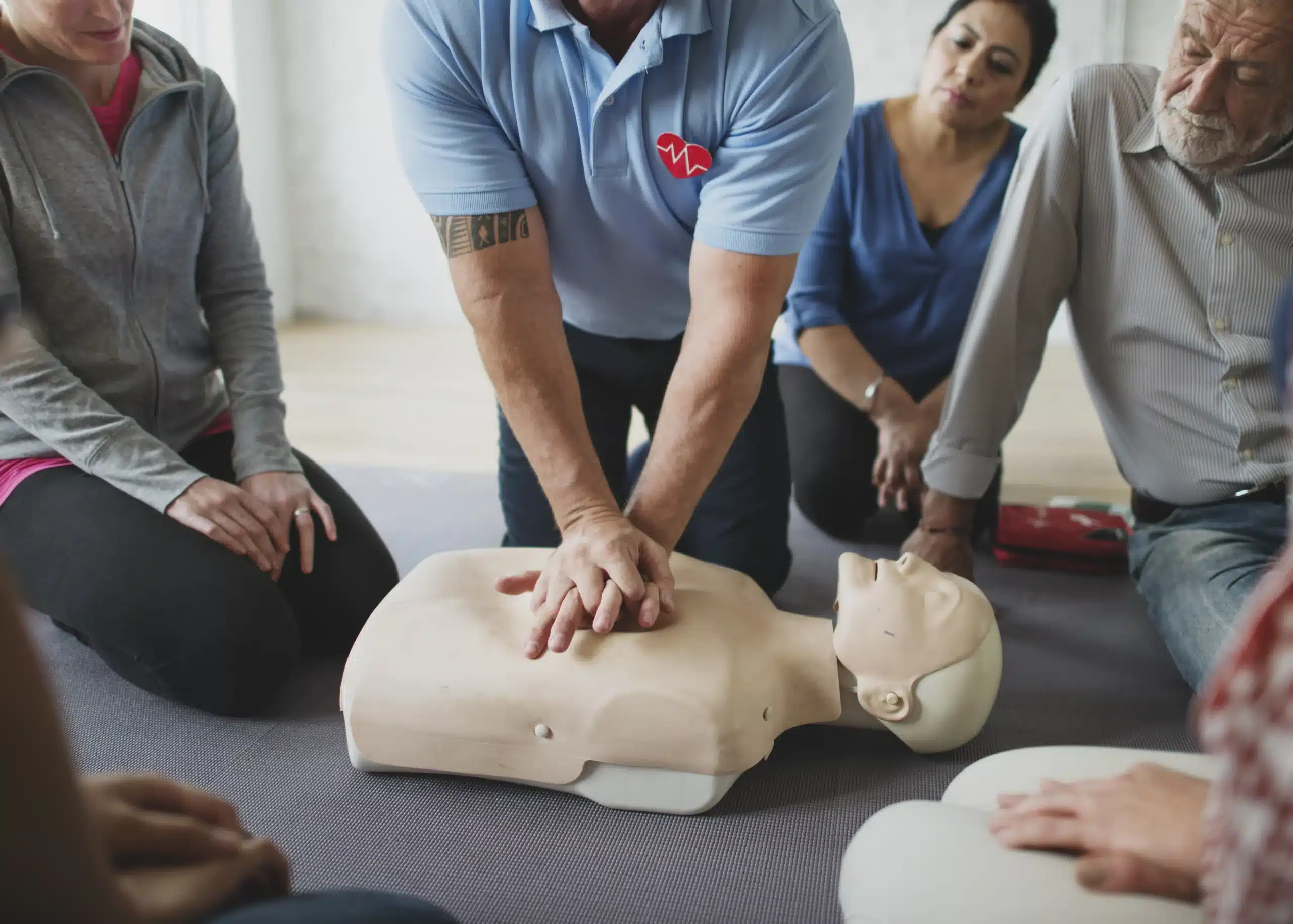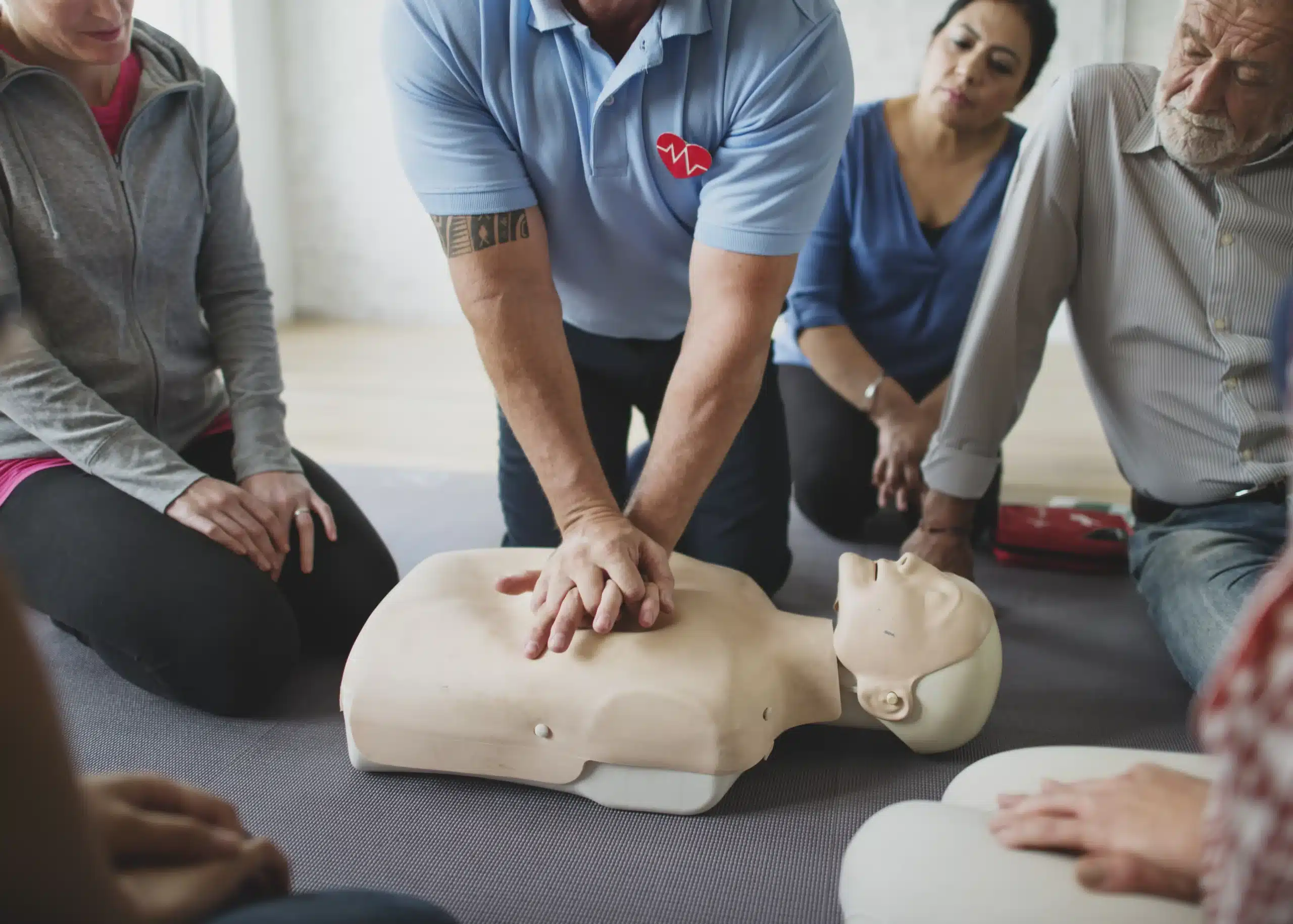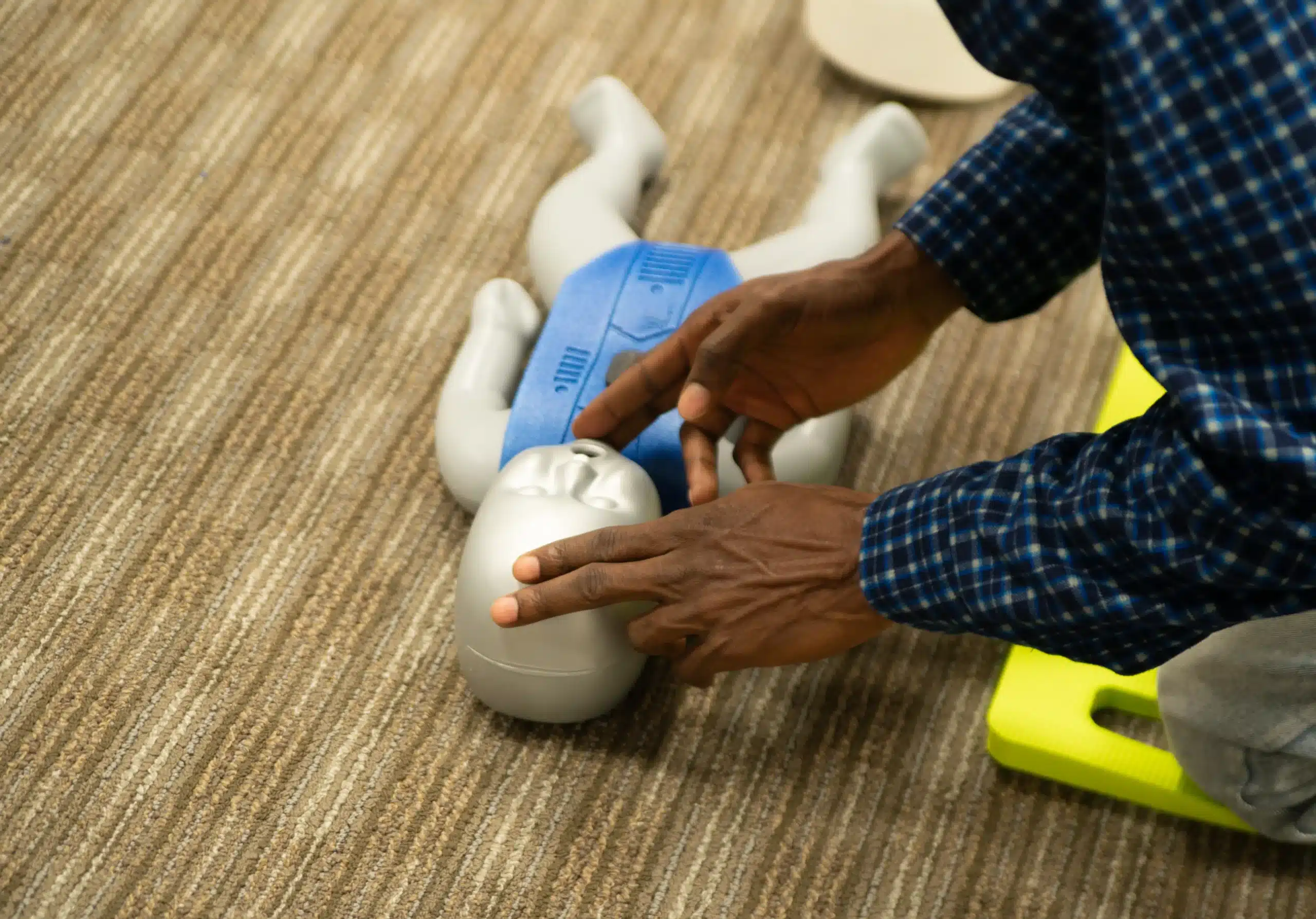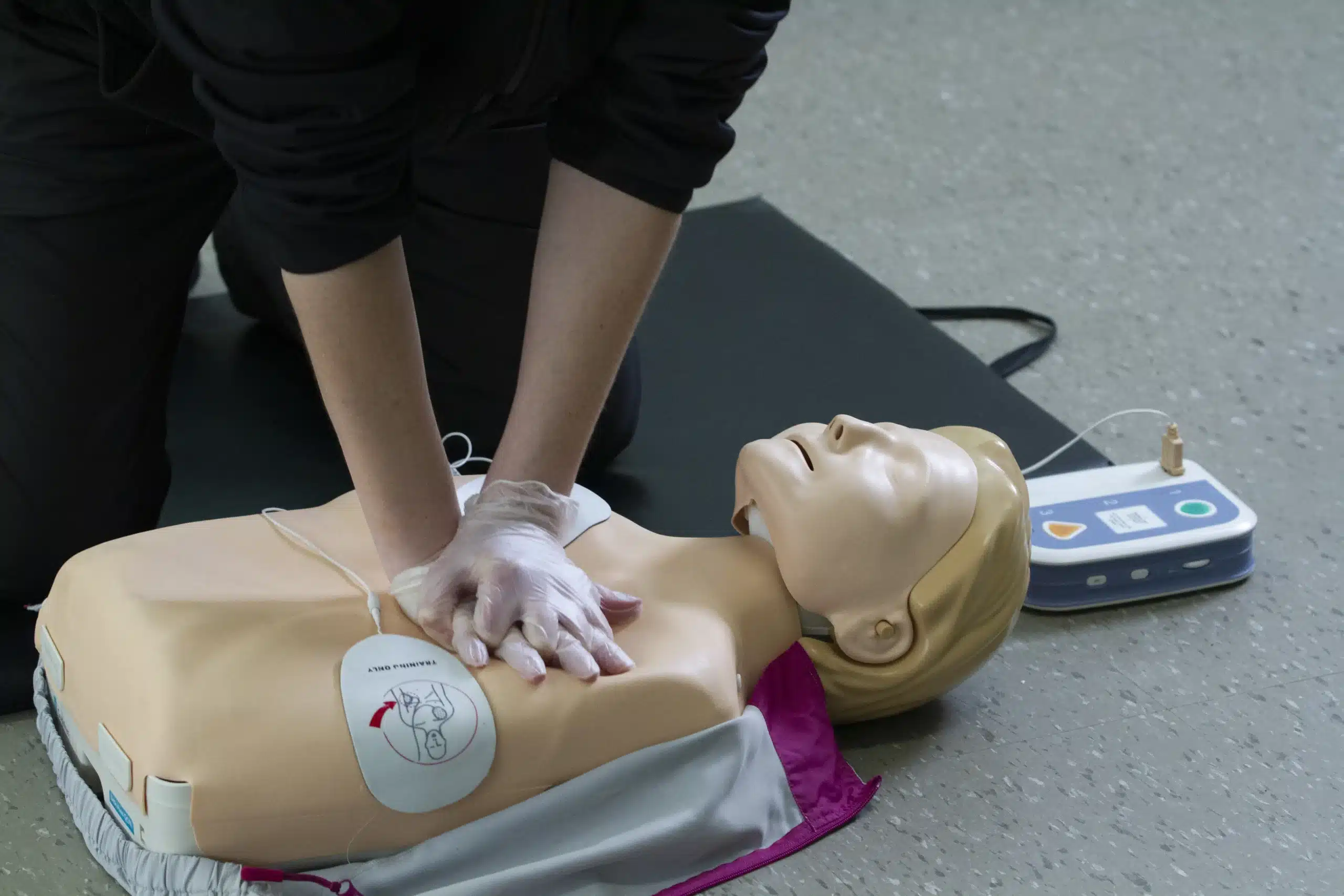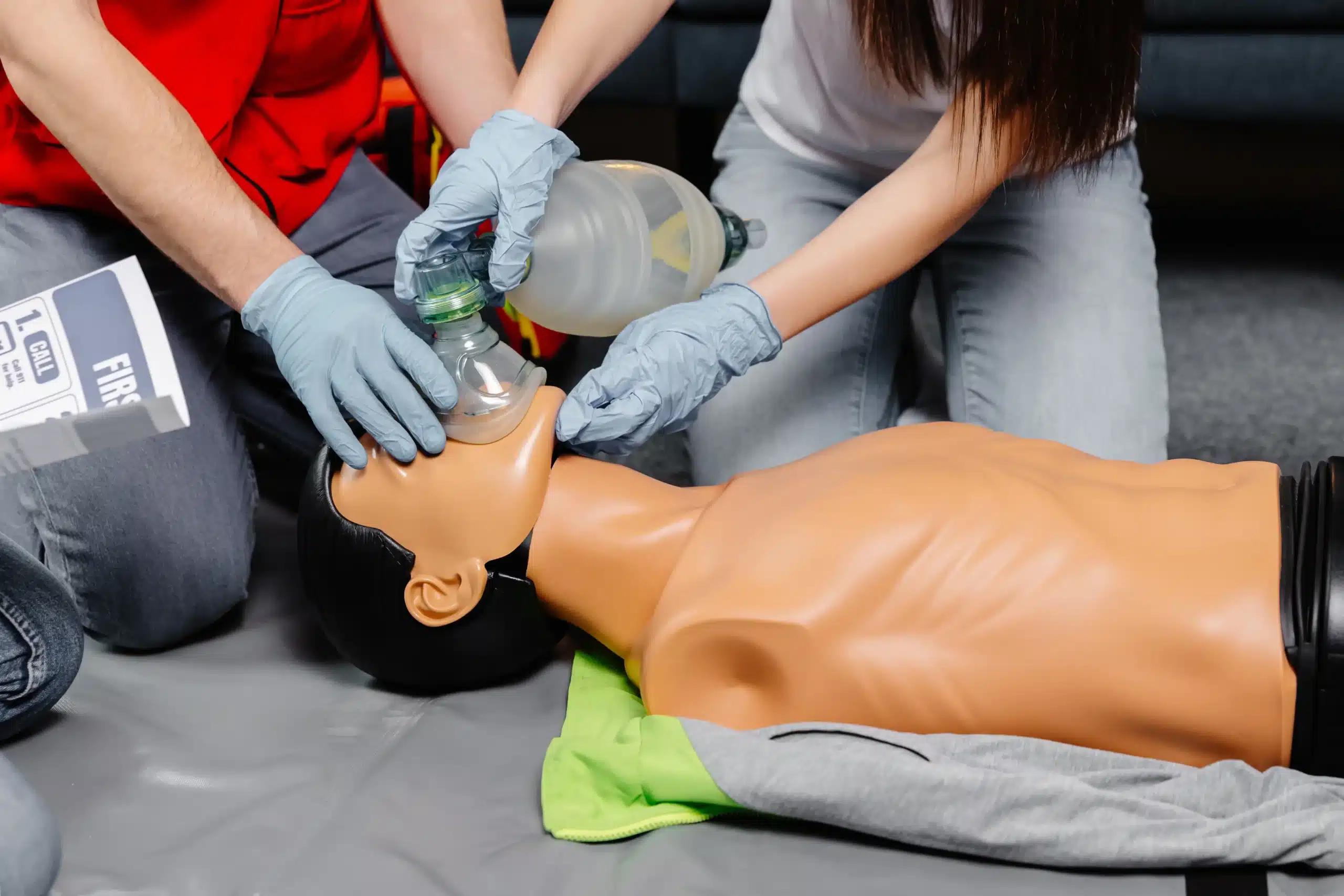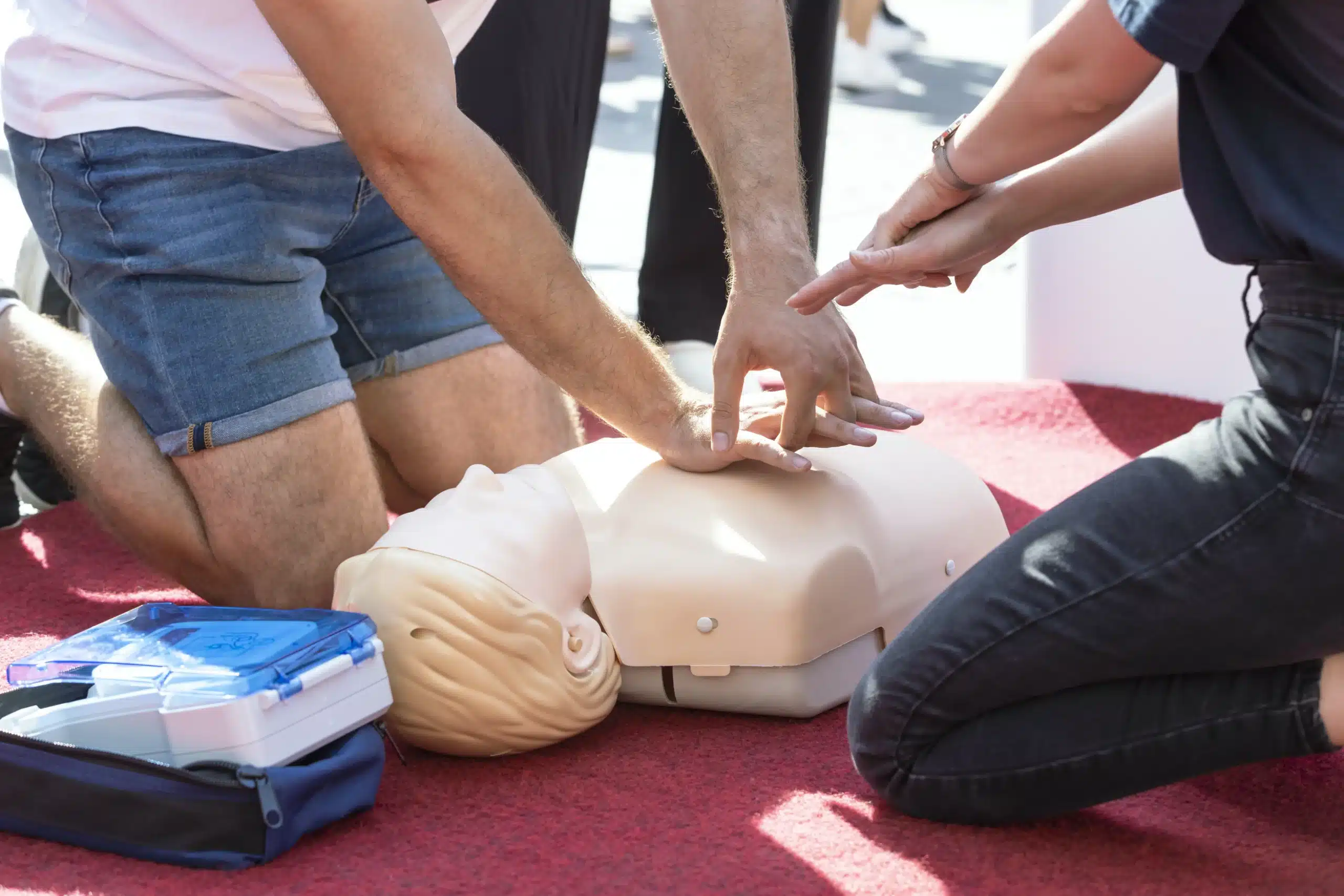When someone receives cardiopulmonary resuscitation (CPR), their life is often saved. CPR can double or triple survival chances during cardiac arrest, underscoring just how critical this intervention is. However, while physical recovery after CPR is well-documented and often prioritized, the psychological aftermath for survivors is often overlooked.
CPR survivors frequently face an array of emotional and mental health challenges that take time, patience, and support to overcome. Experiencing a near-death event can lead to feelings of fear, confusion, or even survivor’s guilt. This blog will guide you through the often-overlooked subject of psychological recovery for CPR survivors, offering insights into its challenges, why it’s vital, and practical strategies to aid the recovery process.
What You’ll Learn in This Blog
By the end of this article, you will:
- Understand the psychological impact of receiving CPR.
- Gain practical tools and coping strategies for psychological healing.
- Learn why addressing mental recovery is fundamental to overall well-being.
- Receive actionable next steps, including how to improve community outcomes through CPR training programs.
Understanding the Psychological Impact of CPR
Surviving CPR is a monumental event—but it doesn’t come without its strain on a survivor’s mental state. Many survivors aren’t just recovering from physical trauma but are also processing intense emotional and psychological experiences.
Immediate Emotional Responses
After resuscitation, individuals may feel a wave of relief followed by fear or confusion. Imagine waking up amid medical equipment and realizing the gravity of what just happened—a near-death experience.
Many survivors report symptoms consistent with Acute Stress Disorder (ASD), which can include:
- Flashbacks of the resuscitation process.
- Hypervigilance or feeling constantly on edge.
- Heightened fear of recurring cardiac events.
These feelings are both natural and valid, but they can interfere with daily functioning if not addressed.
Long-Term Effects on Mental Health
Over time, CPR survivors may grapple with ongoing mental health conditions, including:
- Post-Traumatic Stress Disorder (PTSD): Persistent flashbacks, avoidance behaviors, and intrusive memories.
- Depression: Feelings of helplessness, sadness, or reduced interest in activities.
- Survivor’s Guilt: Questioning why they survived a life-threatening event when others haven’t.
According to a study, approximately 20–30% of cardiac arrest survivors experience clinically significant PTSD symptoms.
Additionally, such an experience often leads to a shift in worldview. Survivors may reflect deeply on their mortality and wonder about their purpose in life. This existential questioning can feel isolating but is an important part of their recovery.
Coping Strategies for Survivors and Families
Psychological recovery doesn’t have a one-size-fits-all formula. However, a combination of lifestyle adjustments, support systems, and professional guidance can make a world of difference. Below, we’ll explore tools that survivors and their families can use to support the healing process.
Mindfulness-Based Techniques
Mindfulness-based practices are scientifically supported tools for reducing stress and improving emotional regulation.
Try these simple exercises at home:
- Meditation: Spend 5–10 minutes daily focusing on breathing to reduce anxiety.
- Journaling: Write down thoughts, fears, and reflections to structure emotions and track progress.
- Yoga: Engage in gentle yoga to combine movement with mindfulness, promoting both mental and physical relaxation.
Apps like Headspace or Calm can provide helpful guided meditations to assist beginner survivors in their mindfulness practice.
Support Networks
Sharing the recovery process with family, friends, or community members can be pivotal. Connecting with others helps normalize emotions and builds a sense of belonging.
Consider these options:
- Support Groups: Organizations like the American Heart Association host survivor-specific forums where individuals can share their journeys and learn from others.
- Family Support: Loved ones should educate themselves about both the survivor’s physical limitations and potential emotional triggers to provide meaningful help.
Lifestyle Adjustments
Holistic healing requires sustained, healthy habits that cultivate both psychological and physical well-being. Here’s what survivors can try:
- Physical Activity: Gentle, routine exercise (like walking) can improve mood and cardiovascular health.
- Nutrition: Focus on a balanced diet rich in nutrients, as this can directly impact energy levels and emotional wellness.
- Healthy Sleep Patterns: Prioritize quality rest, as sleep significantly affects emotional resilience.
Seeking Professional Help
Professional intervention can provide targeted solutions for symptoms that seem overwhelming or chronic. Therapists and counselors specializing in trauma recovery can guide survivors through their healing process.
Tips for choosing the right professional:
- Look for a therapist with experience in trauma therapy or health-related stress management.
- Consider seeking specialists who practice Eye Movement Desensitization and Reprocessing (EMDR) for PTSD or cognitive-behavioral therapy (CBT).
- Don’t hesitate to ask for a consultation to discuss specific needs before committing to a therapist.
Why Psychological Recovery is Essential
Recovery isn’t just physical. Addressing the psychological aspects of healing directly impacts overall health and quality of life. When mental health is neglected, stress can exacerbate physical conditions, prolong recovery, and diminish motivation for long-term rehabilitation efforts.
By fostering emotional well-being, survivors often find their road to recovery smoother. They approach physical therapy with renewed energy, establish healthier habits, and regain a sense of autonomy over their lives.
How You Can Make a Difference
Would you know what to do if someone went into cardiac arrest in front of you? Gaining CPR certification could save a life—and even prevent survivor trauma down the line.
Organizations like Safety Training Seminars offer American Heart Association (AHA)-certified courses in Campbell that teach you essential life-saving skills. Options include:
- Basic Life Support (BLS)
- Pediatric Advanced Life Support (PALS)
- Advanced Cardiovascular Life Support (ACLS)
- CPR and First Aid
Take this step not only to serve your community but also to empower yourself as someone who truly makes a difference.
Fostering Hope and Resilience
Experiencing CPR is a life-altering event. Though the road to psychological recovery may feel long, it is entirely achievable with the right tools and support systems. Survivors demonstrate remarkable strength and resilience, reminding us that healing is not just about survival—but finding new meaning and purpose.
Support a loved one on this path, share this article with those who need it, or choose to empower your community by becoming CPR-certified. Together, we can prioritize not just survival, but also the dignity and joy of living well after recovery.



